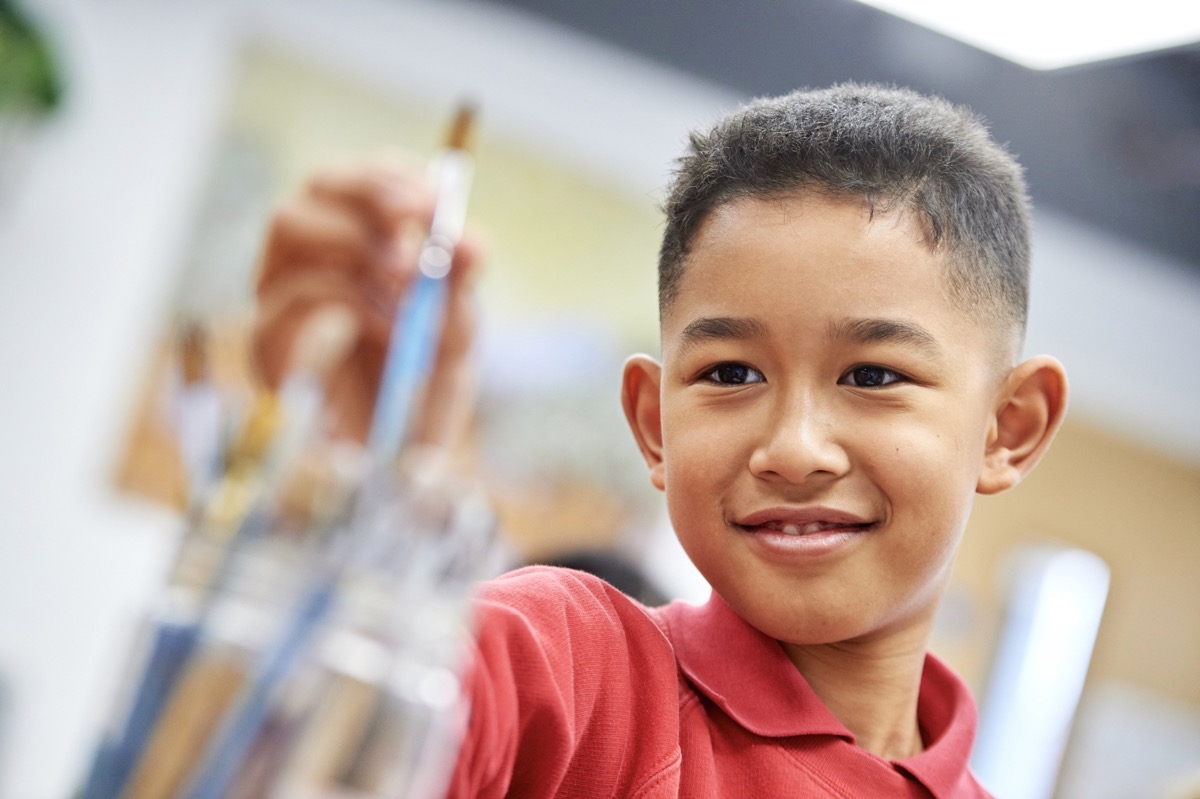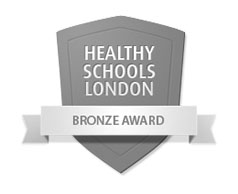

Our Teaching and Learning Approach
Academic excellence, creativity and social intelligence are at the heart of everything we do at Charles Dickens Primary School. We give each of these values equal weighting and through a knowledge-rich curriculum, engaging teaching, great relationships and strong partnerships, we work hard to ensure that Charles Dickens is the best possible primary school experience for every child.
Curriculum
Knowledge helps develop well-rounded, empowered citizens and widens opportunities and life chances. The specifics of what we want children to learn are important. Skills, vocabulary and conceptual understanding are forms of knowledge. Skills such as critical thinking and problem solving need to be taught within specific subject contexts. Students are empowered through knowing things and acquiring powerful knowledge. At Charles Dickens we want children to develop into well-rounded citizens with a host of strong character traits that will emerge through being immersed in a knowledge-rich curriculum.
We believe that children learn best when:
- Subjects are taught discretely, so that both the knowledge and skills of the subject can be explicitly taught
- Schemes of work are planned in advance and fully resourced so that learning can be carefully sequenced and a variety of learning activities included
- The curriculum provides a clear progression model, supporting the layering of new knowledge on secure foundations and enabling children to build secure schema
- Units of work are supported by knowledge organisers that detail the facts and vocabulary to be learned.
- Units are planned to incorporate learning from cognitive science: spaced retrieval practice, formative low-stakes testing, and strategies to build fluency.
- Explicit vocabulary instruction is included in all subjects. We believe that strong language skills underpin all learning.
- Each year group has an enrichment programme including art classes with our resident artists, dance lessons with practitioners from Rambert, opportunities to create and perform music at the highest level with a range of resident musicians, teachers and collaborative local projects.
- Curricular visits are planned to deepen, enrich and build on classroom learning as well as giving children opportunities for personal development
Pedagogy
Teacher expertise lies at the core of the delivery of the planned curriculum and teachers are actively encouraged to develop subject specialisms. This enables strong direct instruction in the classroom, with teachers able to deliver content with clarity, confidence and precision. Direct instruction is interspersed with age-appropriate pupil tasks to enable pupils to practise and consolidate their understanding, before moving swiftly on to new content.
We believe that children learn best when:
- Teachers have high expectations of all children’s learning and provide appropriate scaffold to support all children to achieve.
- Lessons begin with a recap of prior learning. This may be through quizzing, a short writing task or a quick classroom discussion.
- New learning is then presented in an engaging and creative way, in small steps and through carefully planned explanations
- Pupil participation in learning is maximised through a range of strategies: no hands-up, mini whiteboards, effective questioning and lesson delivery that is concise and engaging
- Lessons are shaped according to the needs of the children: sped up or slowed down or levels of support adjusted following in-lesson assessment
- Opportunities to practise new learning are embedded so that new knowledge is
internalised and new skills become fluent and automatic - Practice is guided initially, with levels of support being gradually withdrawn to foster pupil independence
Formative assessment
The purpose of feedback and assessment is threefold: to inform the teacher of a child’s attainment and therefore to inform future planning; to inform a child of how well they have done and what they need to do next; to motivate a child through celebrating success
Principles:
- There is a consistent and manageable method of feedback, assessment and pupil response throughout the school.
- Work is assessed promptly and feedback given as close as possible to the time of the work being completed, including within the lesson. Assessment within the lesson is used to shape the course of the learning and inform levels of support
- All adults working with the children are involved in giving feedback.
- Children are given opportunities to respond feedback and to make improvements to their work. Clear strategies for improvement are given.
- Feedback and assessment are used to inform future planning and target setting
- Giving children opportunities to assess their own and each other’s work builds children’s
metacognitive skills.
Work is assessed and feedback given in a variety of ways:
- Live feedback within a lesson, either verbal or written
- Small-group and one-to-one conferencing after a lesson
- Self- and peer-assessment
- Whole class feedback



